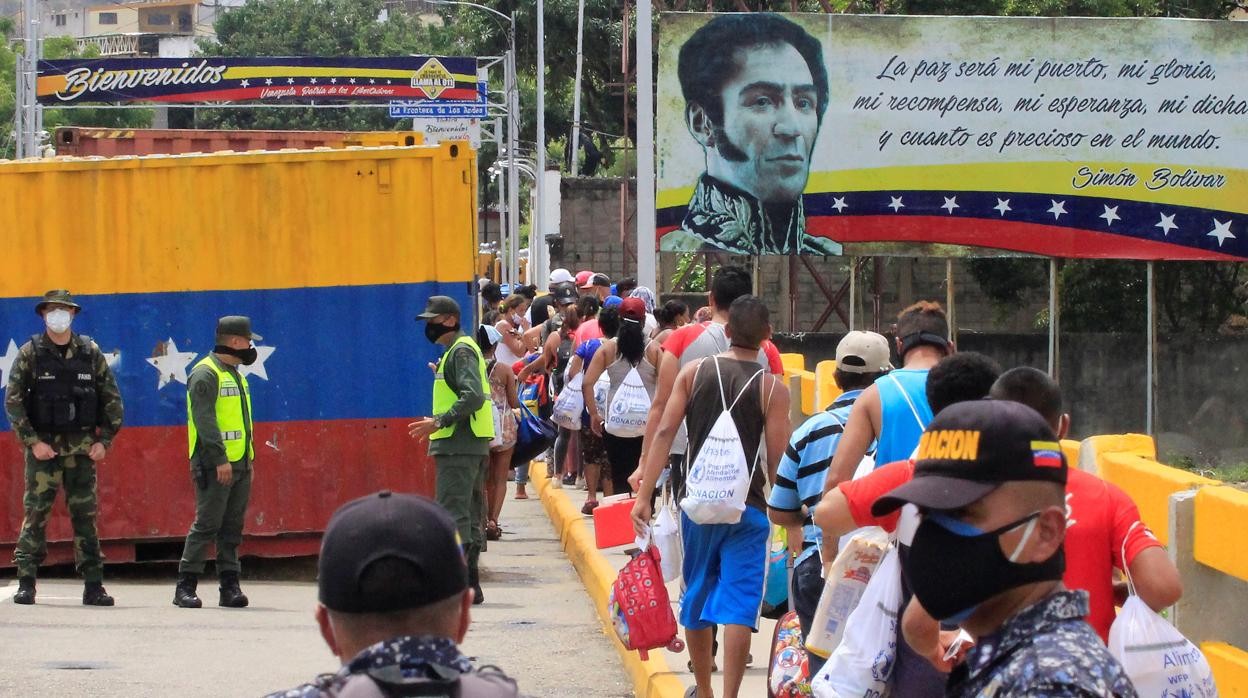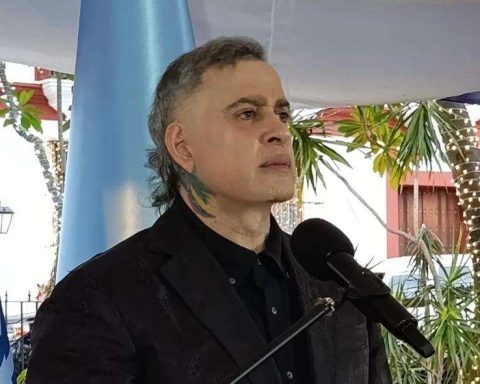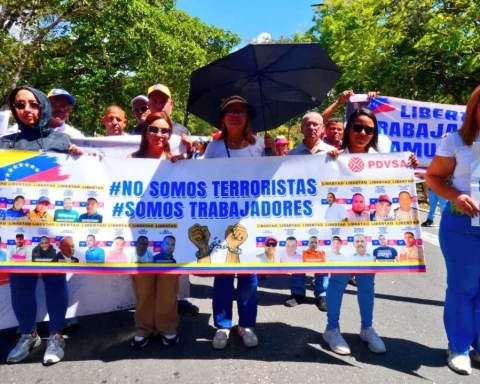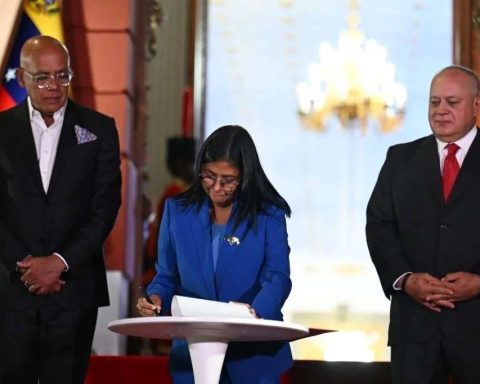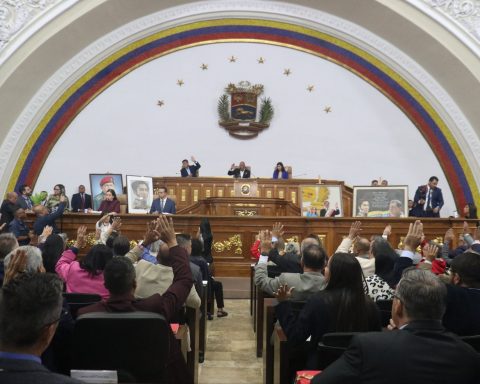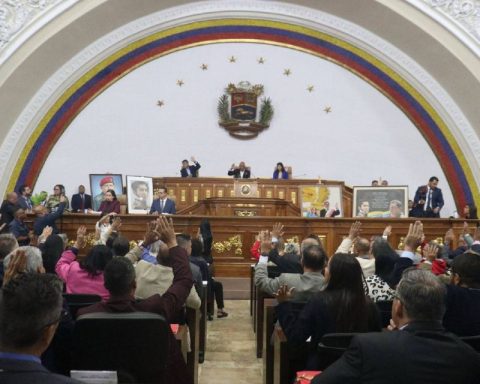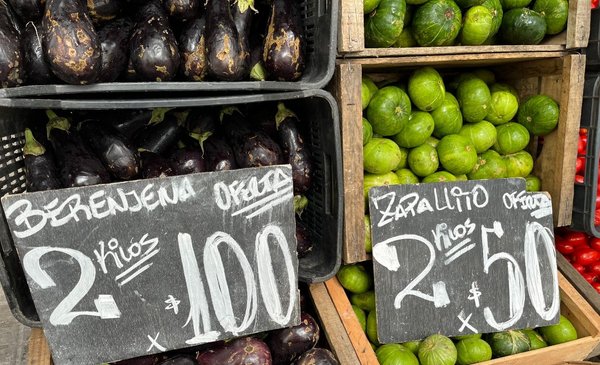Since 1999 Venezuela has been the target of attacks due to the arrival of a progressive government as president. To each failure to achieve a change in the political model, new skirmishes were added until reaching the Obama decree in 2015, which establishes Venezuela as an unusual and extraordinary threat to the interests and security of the United States.
Since then, 928 sanctions have been outlined against the country’s institutions to end up affecting the Venezuelan population in general. Richard Nephew, an American expert on this type of measure, in his book The Art of Sanctions, maintains that “sanctions must go where they hurt the most, where they cause the most pain, to the population of the target State.”
“The Venezuelan people have been the target of a policy aimed at causing suffering, applied in a systematic and widespread manner against the civilian population. This attack by the United States government constitutes a crime against humanity in accordance with the Rome Statute”, clarifies María Lucrecia Hernández, director of the social organization Sures.
A study by the Center for Economic and Policy Research, in Washington, maintains that the sanctions are equivalent to “a death sentence for tens of thousands of Venezuelans and indicates a 31% increase in overall mortality from 2017 to 2018,” according to Hernández.
“The consequences of sanctions and the use of matrices to promote migration; by governments, international organizations, NGOs, the media and mafias that profit from the transfer of migrants, showed that emigration was a way out of the ‘humanitarian crisis’. An abrupt Venezuelan mobility towards countries in the region was then generated as of 2017 in search of better living conditions”, according to Sures.
The main reason for migrating was the economy and the difficult access to medicines.
“We studied 350 compatriots who returned to the country and 67% affirmed that they emigrated due to the deterioration in living conditions,” said the also specialist in Human Rights.
Another study, carried out on young 5th year students in 2022, reported that 70% of their relatives migrated to improve their economic situation and to join relatives who had previously migrated.
Product of migration, forced by the economic blockade, the Venezuelan family experienced a process of disintegration and uprooting. “The unprecedented phenomenon had impacts on the family composition. Now we must encourage the reappropriation of the community and family space, strengthen identity, roots and national reunion”, explains Hernández.
Many situations of discrimination and xenophobia strongly affected migrants.
In 2019, a study carried out on the return population reported that 24.4% declared themselves victims of discrimination and another 5.3% to be victims of discrimination with physical violence, which also affects the emotional.
Lucrecia Hernández assures that “many of the returnees express feeling judged by their relatives, friends and acquaintances. It is necessary to generate strategies of family and community rapprochement that help to meet again, to heal the wounds of the distance through recognition and reconciliation.
Figures of Creole migrants are bulging
The United Nations Population Division maintains that by 2017 there were 657,439 Venezuelan citizens living abroad.
The Sures social organization has followed up on the data from this UN Office and for 2019 reported that there were 2,534,976 compatriots abroad. However, a preliminary publication of 2020, carried out by the same Office, says that Venezuelan emigration had jumped to 5,415,337.
“Sures specialists question this last figure and maintain that” already in the last months of 2019, massive returns of Venezuelans to national territory began to be observed and, by 2020, the borders were closed during the pandemic, which made it difficult to leave country people.
“The emigration data from Venezuela from the UN Population Division, which doubles the number of people outside the country between 2019 and 2020, is impossible to sustain. However, they are close to those managed by UN agencies such as Acnur and the International Organization for Migration (IOM), which have been using these bulky figures to justify the donation of resources,” denounced María Lucrecia Hernández, representative of Sures.

Data
The inflow of foreign currency to the Central Bank of Venezuela was reduced by 95% by blocking the export of oil as a sanction against the people of Venezuela.
Food imports for the Clap program fell by 65% between 2014 and 2018
In 2018 it reached 13.4%, after in 2014 it reached only 2% of the population
The prevalence of malnutrition in the child population exceeded 5% in 2017
